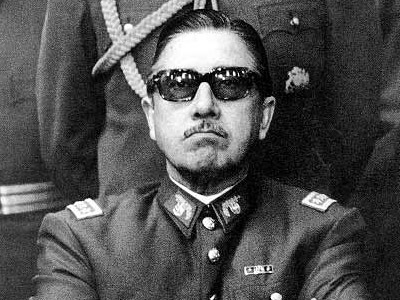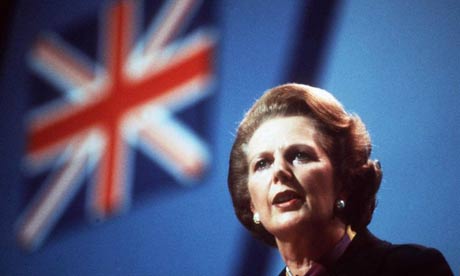The way economies are organized and function is significantly the product of social choices, not the product of nature. Over the past thirty years we (society) have embraced a set of economic ideas that shaped economic arrangements – including the pattern of income distribution, the power of corporations and finance relative to labor, and the way in which the economy generates demand.
This shaping of economic arrangements was obviously driven by political forces acting on behalf of corporate and financial elite interests, but economic ideas also played a critical role. First, the ideas of mainstream economists provided justification for the re-shaping of the economy in ways that elite interests wanted. Second, mainstream economists put forward additional ideas that were picked up and incorporated into the policy project of corporate and financial elites. Third, the monopoly capture of economic discourse by mainstream economics served to exclude other competing economic ideas from making it on to the policy table, into classrooms, and into the public debate.
The implication of this view is the crisis is at a deep level the product of a flawed economic policy paradigm derived from a set of flawed economic ideas. Escaping the crisis means replacing that policy paradigm and the ideas from which it derives. That is a massive challenge involving both a political contest and an intellectual contest. We need to win both. One without the other will be useless. It is no good winning the political contest if you simply replace Tweedledum (hardcore neoliberals) with Tweedledee (softcore neoliberals). Likewise, it is no good winning the intellectual contest if you do not win the political contest to implement different economic policy ideas.
My argument is that around 1980 the U.S. adopted a fundamentally flawed economic paradigm. From 1945 through to the mid-1970s the U.S. economy was characterized by a “virtuous circle” Keynesian growth model built on full employment and wage growth tied to productivity growth. The political triumph of Ronald Reagan enshrined a new economic paradigm that abandoned full employment and severed the link between wages and productivity growth.
The new paradigm was fundamentally flawed. One flaw was that it relied on debt and asset price inflation to fuel growth instead of wages. A second flaw was the model of globalization which created an economic gash in the form of leakage of spending on imports (the trade deficit), leakage of investment spending offshore, and leakage of manufacturing jobs offshore. These twin flaws created a growing demand gap.
That is where finance enters the picture as its role was to fill the demand gap. Financial deregulation, regulatory forbearance, financial innovation, financial mania, and plain vanilla financial fraud kept the economy going by making ever more credit available, However, as the economy cannibalized itself by undercutting income distribution and accumulating debt, it needed ever larger speculative bubbles to grow. The house price bubble was simply the last and biggest bubble and was effectively the only way around the stagnation that would otherwise have developed in 2001.
There are many mainstream (orthodox) economists who have progressive values but they miss the big picture because their theory cannot accommodate it. Moreover, they can’t abandory for a host of psychological and sociological reasons. At the psychological level it would involve a devastating admission that they have been wrong; that they’ve been teaching their students a lot of nonsense for thirty years. n their theoAt the sociological level it would mean giving up the trappings of power and pay that go with their current intellectual monopoly because the paymasters of the system would quickly replace them with others.
That said, many mainstream economists are starting to admit income distribution has played a role in fermenting the crisis (you have to be willfully blind not too see it). Consequently, they are busy trying to incorporate income distribution into their narrative. However, they do so in a way that leaves their core theory about markets and market efficiency unchanged. Unfortunately, journalists and the general public cannot see this and are taken in by this tactic. One of the contributions of the book is it unmasks these obfuscations by showing how these stories don’t stack up and are inconsistent with the evidence.
Finally, this discussion shows why it is very important the general public be capable of distinguishing between “values” and “analysis”. If not, people risk being fooled by the rhetoric of progressive values that provides cover for policies that are actually conservative.




